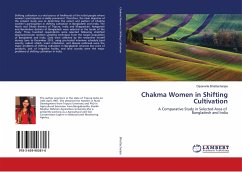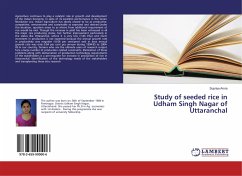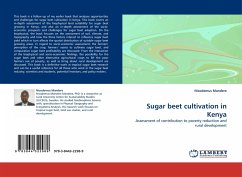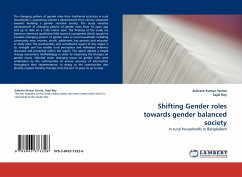Shifting cultivation is a vital source of livelihoods of the tribal people where women's participation is visibly prominent. Therefore, the main objective of the present study was to determine the extent and pattern of Chakma women's participation in shifting cultivation in Bangladesh and India. The North and Dhalai districts of Tripura, India and Khagrachari, Rangamati and Bandarban districts of Bangladesh were selected as the locale of the study. Three hundred respondents were selected following stratified disproportionate random sampling technique from the target population of Bangladesh and India. Data were collected by the researcher herself during June to December 2015, using pre-tested interview schedule.Land scarcity, rodent attack, insect infestation, and disease outbreak were the major problems of shifting cultivation in Bangladesh whereas low price of products, lack of irrigation facility, and land scarcity were the major problems of shifting cultivation in India.
Bitte wählen Sie Ihr Anliegen aus.
Rechnungen
Retourenschein anfordern
Bestellstatus
Storno








